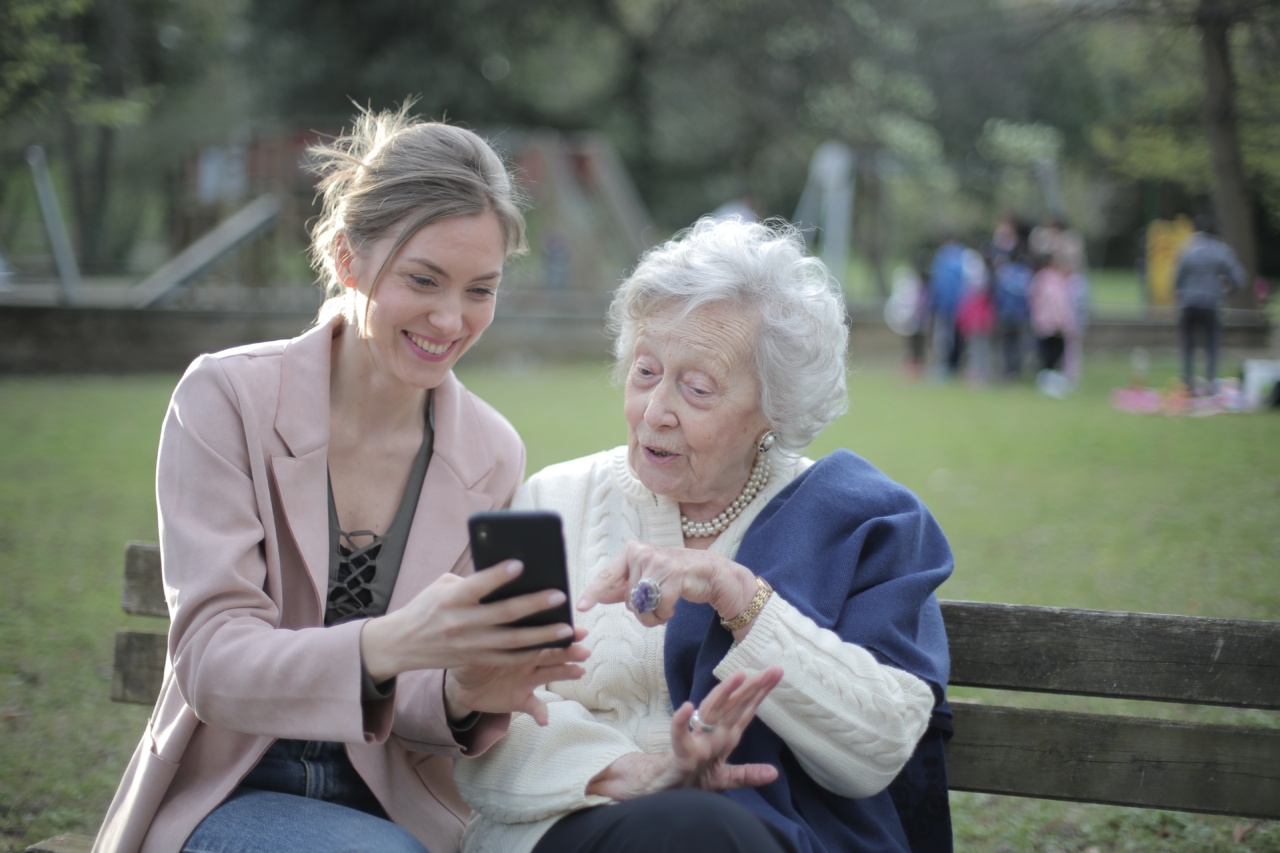Sex education is an essential part of human development, yet the question of how old is too old to learn about sex remains a source of controversy.
While it is widely agreed upon that children and adolescents should receive comprehensive and age-appropriate sex education, the debate arises when considering adults and older individuals. In this article, we will explore the various perspectives on this topic and analyze the factors that influence the age at which one can learn about sex.
The importance of sex education
Sex education plays a crucial role in promoting sexual health, preventing sexually transmitted infections, and reducing unintended pregnancies.
It equips individuals with the necessary knowledge and skills to make informed decisions about their sexual behavior. Moreover, sex education also addresses broader concepts such as consent, healthy relationships, and gender identity. Therefore, it is crucial to ensure that individuals of all ages have access to accurate and comprehensive sex education.
Age-appropriate sex education for children
Children begin to develop sexual knowledge and curiosity at a young age. Therefore, it is essential to provide age-appropriate sex education to address their questions and concerns.
This education should focus on basic concepts such as body parts, reproduction, and personal boundaries. The aim is to teach children about their bodies while respecting their developmental stage and level of understanding.
Adolescence and comprehensive sex education
During adolescence, individuals undergo significant physical and emotional changes related to their sexual development. It is a critical period to provide comprehensive sex education that goes beyond basic biological information.
Adolescents should learn about puberty, contraception, sexually transmitted infections, consent, and healthy relationships. By equipping them with this knowledge, we empower them to make responsible decisions about their sexual and reproductive health.
Sex education for adults
When it comes to adults, the need for sex education may vary depending on individual circumstances. Some adults may have received thorough sex education during their adolescence and might not require further education.
However, others may have missed out on comprehensive sex education due to cultural or societal factors. For these individuals, it is never too late to learn about sex.
Factors to consider
When determining the appropriateness of sex education for older individuals, several factors should be considered:.
1. Individual readiness
Some adults might feel comfortable seeking out sex education on their own, either due to personal curiosity or a specific need. The readiness of an individual to learn about sex should be respected, regardless of age.
2. Health considerations
Sex education can be crucial for older individuals who are experiencing sexual health issues or entering new stages of life, such as menopause or erectile dysfunction.
Understanding these changes can help individuals navigate them with confidence and make informed decisions about their sexual well-being.
3. Relationships and intimacy
Learning about sex goes beyond basic biological information. It also includes understanding healthy relationships, consent, and intimacy.
Many older individuals may be forming new relationships, experiencing changes in their existing relationships, or seeking companionship in later life. Sex education can provide guidance in navigating these aspects of sexuality.
4. LGBTQ+ inclusive education
Sex education should also address the needs and concerns of LGBTQ+ individuals. Many older LGBTQ+ individuals may not have received comprehensive sex education that is inclusive of their experiences.
It is important to provide an inclusive and supportive environment where their questions can be addressed, regardless of their age.
5. Cultural and societal factors
Cultural and societal factors can influence an individual’s access to sex education throughout their life. Some cultures or communities may have taboos or stigmas surrounding discussions of sex.
In these cases, it is vital to create safe spaces where individuals can access information and have their questions answered comfortably.
Conclusion
Sex education should be seen as a lifelong learning process that adapts to an individual’s changing needs and circumstances.
While comprehensive sex education during childhood and adolescence is crucial, it is never too late for adults and older individuals to learn about sex. Factors such as individual readiness, health considerations, relationships, LGBTQ+ inclusivity, and cultural factors all play a role in determining when and how sex education should be provided.
By promoting open dialogue and accessible resources, we can ensure that everyone has the opportunity to learn and make informed decisions about their sexual health.































